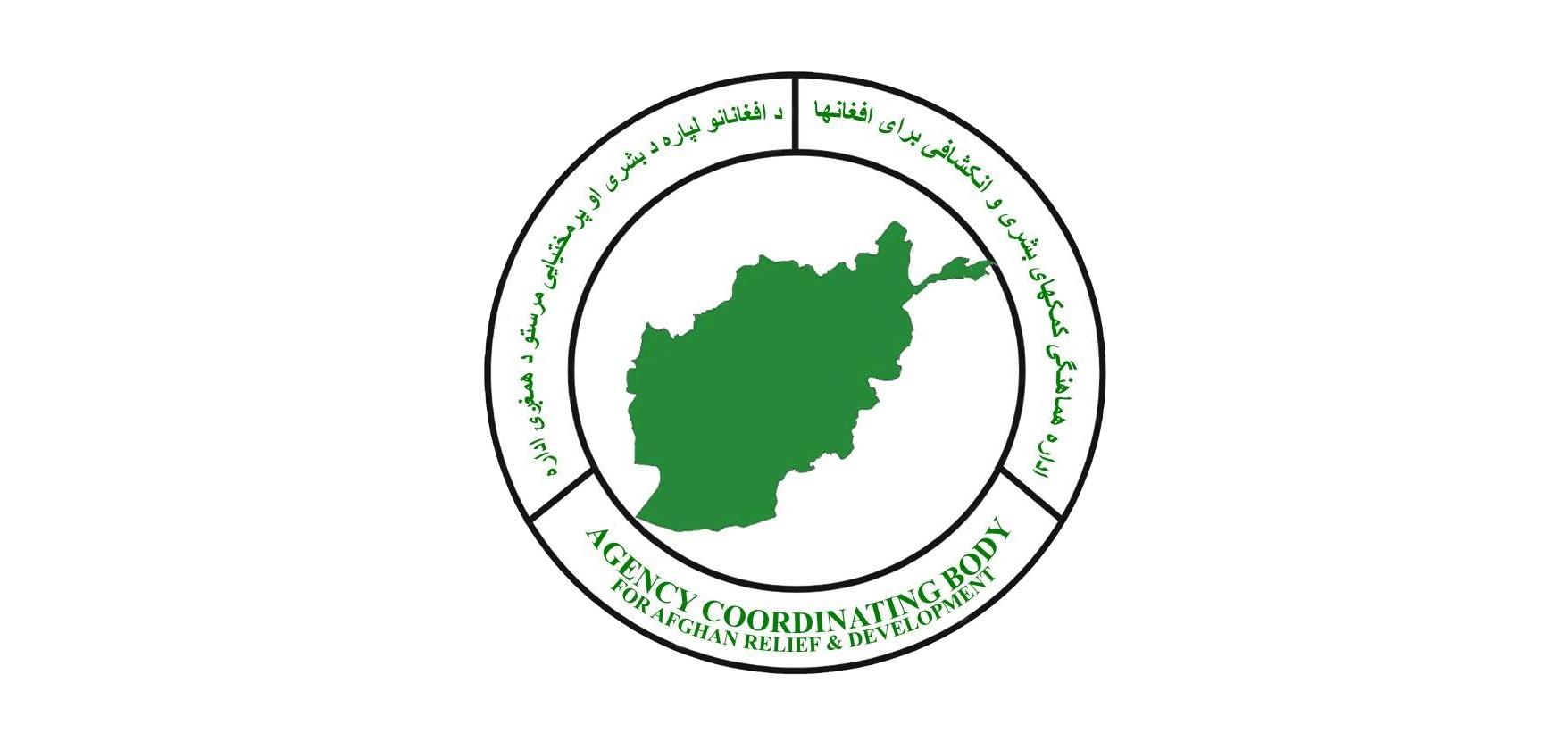
ACBAR Statement for Berlin Civil Society Conference on Afghanistan 24th November 2022
On behalf of ACBAR’s 183 national and international NGO members operating in Afghanistan, we would like to welcome this conference in Berlin and to have the opportunity to discuss how civil society in Afghanistan can best be strengthened, and to bring our voices from Afghanistan to Germany.
1. General Situation for Civil Society
The population of Afghanistan has suffered since August 2021 from international sanctions and the suspension of development funding. This has had a dramatic impact on the economy, with loss of employment, interruption of the banking system and increased food insecurity in rural and urban communities compounded by three years of drought. Since the takeover of power by the Islamic Emirate of Afghanistan (IEA) in August 2021, many remote areas in Afghanistan have opened up due to the cessation of fighting. UN agencies and NGOs are facing increased demands for development and humanitarian services across the country. Despite this greater access and demands for humanitarian actors to scale up their support, in the last year NGOs have faced operational problems such as accessing bank accounts to pay staff salaries and receive international transfers, as well as increasing administrative impediments and interference in their operations by the IEA authorities. The activities of some national NGOs, with long term experience in implementation of the development and humanitarian projects, have also been suspended by the authorities. Many civil society organizations (CSOs) also face difficulties reporting and re-registering with local authorities, especially those operating in fields considered sensitive such as human rights, democracy, or gender. Donors that used to provide small grants to civil society actors have disappeared and humanitarian assistance is now the major source of funding. This has had a negative impact on many national NGOs, women’s organizations and civil society associations that are not necessarily humanitarian actors.
2. Impact on Women and Girls
Schools for girls over sixth grade are closed in most provinces, although security is better, and many more children are enrolling for primary schools. The lack of education for older girls will have a profound impact on the role of women in developing the society, similar to the impact under the previous IEA government when education was suspended for five years from 1996-2001. At the time many NGOs and women’s associations carried on teaching girls despite the official ban.
A March 2022 study for the Gender in Humanitarian Action Working Group1 found that the ability of women’s organizations to continue operating was affected by several factors:
1. Limitations in movements for women working in NGOs and CSOs, including mahram requirements and its extra costs, and requirement to wear the hijab;
1 https://reliefweb.int/report/afghanistan/research-challenges-barriers-and-opportunities-women-led-csos-afghanistans-humanitarian-crisis
2. Intimidation and bureaucratic constraints against women CSOs, including struggles to obtain or extend official documents;
3. Lack of funding, 77 percent of women CSOs interviewed reported they had no projects in 2022, a situation worsened by the barriers in withdrawing funds from bank accounts inside Afghanistan and receiving funds from outside the country, which are only now gradually improving;
4. Increased violence and disrespect for women and girls, and harmful social practices, as respect for women has declined since August 2021. This was not only due to stricter rules put in place for women and girls by the IEA authorities and reinforced conservative behavior of men advancing discriminatory gender norms, but also due to the reduced advocacy and human rights activities that many women CSOs had been engaged in, and to the dismantling of human and women’s rights institutions.
5. Lack of inclusion of women CSOs in the humanitarian response despite their experience in different sectors such as health, education, protection, women’s shelters and livelihoods support.
Today it is more important and urgent than ever to support civil society organizations inside Afghanistan, and offer them the necessary means and support they need to continue operating and working for their country’s future.
Civil society organizations need to be included in discussions inside and outside Afghanistan, and much more efforts need to be done to ensure their meaningful participation, including through financial support, support to obtain visas to travel for conferences or events, translation services, and other necessary means.
3. Recommendations:
We recommend to the international community, including donors, and to humanitarian actors:
1. Sustained engagement with IEA authorities - The international community needs to engage with the IEA authorities and advocate for the role and importance of NGOs and national civil society associations that can contribute to the development and growth of the country as well as the need for girls and women to be educated and allowed to work in order to contribute to the development of the country.
2. Funding grants for civil society organizations – Multiyear, flexible, small grants for national NGOs and CSOs on provincial levels are strongly recommended to donors. Application processes should be adapted and trainings offered to accommodate the challenges CSOs may face regarding complex proposals. This would help strengthen civil society and especially enable women CSOs to bring their ideas and creativity into the humanitarian response. Diaspora Afghans should identify funds and channel support for national NGOs and women CSOs that are already active.
3. Increase women’s participation in the humanitarian response - More needs to be done to increase participation of women humanitarian staff in humanitarian assistance. This includes advocacy to increase the hiring and promotion of national women staff in senior positions in humanitarian organizations, as well as promoting the role of women CSOs as first responders and field monitors, which will require better links between the national cluster and the provincial and local district levels. This will not only support greater inclusion of women beneficiaries but also enable Afghan women to be at the table when decisions are made.
ACBAR Steering Committee
23 November 2022
Phone number : 0093729129611

